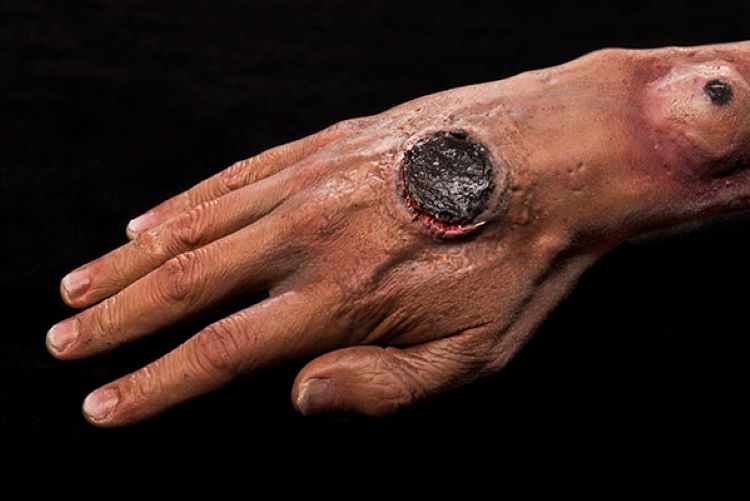FG sensitises livestock traders, butchers on Anthrax disease

The Federal Government on Monday sensitised livestock traders and butchers in Dei-Dei international market, Abuja on the outbreak of Anthrax disease.
BRANDPOWER reports that the Federal Government had alerted the public on the outbreak of Anthrax disease in some neighbouring countries in the West African sub- region.
Speaking at the event, Dr Columba Vakuru, the Director, Department of Veterinary and Pest Control Services, Federal Ministry of Agriculture and Rural Development, said the programme was part of the government’s interventions on anthrax.
Vakuru was represented by Dr Ihekeremma Okoli, Deputy Director, Veterinary Consultant Zoonoses, Ministry of Agriculture and Rural Development.
He said the sensitisation was part of the preventive measures by the Federal Government, on measures to take in the advent of the outbreak of the disease in the country.
He said the ministry and the National One Health Coordinating Unit (NOHCU) were aware of a confirmed outbreak of anthrax in Ghana.
“There is currently no suspected or confirmed case of anthrax in Nigeria.
”However, Nigeria’s close relationship with Ghana through border movement of humans and animals, and strong trade relations can create a high risk of importation of the disease,” he said.
Vakuru said that the government has put measures in place which included, the establishment of a National Anthrax Technical Working Group (TWG), development of an incident action plan among others.
He said that one of the key interventions the government has planned was awareness creation for butchers, livestock traders and all other relevant stakeholders.
He said the disease is transmitted in animals when they breathe in or ingest spores in contaminated soil, plant or water.
Vakuru said humans could only get the disease by inhaling or breathing in spores, eating contaminated meat, or having the spores come in contact with the person’s skin through wounds.
He said the disease could also be transmitted to humans through cuts while handling a sick or dead anthrax infected animal such as cows, goats, sheep, pigs among others.
The director said signs of the disease in animals included, unclotted blood might be seen coming from the nose, ears, mouth and anus of the infected animals.
He said signs of the anthrax disease in humans included, fever, painless skin sores/ ulcers worth black center, respiratory symptoms (chest pain, coughing, shortness of breath) among others.
On mode of prevention and control, Vakuru urged the public not to buy or sell sick animals to the public in order to avoid the spread of the disease.
He cautioned livestock traders against buying animals from areas where outbreaks have been suspected or confirmed.
Vakuru urged the traders to always wear work clothes and boots when in contact with the animals.
“Regularly wash your hands with soap after contact with your animals, and always wash and disinfect floors around where your animals are.
” Do not introduce new animals with the old stock and do not dispose of dead animals yourself, rather call the Veterinary authority to do that ,” he said.
Vakuru urged the public to be on alert and report immediately to the closest veterinary doctor or veterinary authorities any suspicion of anthrax.
” Early detection and reporting of suspected anthrax cases in animals is important for preventing the spread of the diseases to unaffected animals and you,” he said.
Also speaking, Sanusi Mohammed, a livestock trader said the exercise was timely since they sometimes buy livestock from neighbouring countries.
Mr Musa Mohammed said the exercise would enable traders to identify signs of the disease in the event of any outbreak in Nigeria.
NAN reports that awareness was organised by the Ministry of Agriculture in conjunction with the Federal Ministry of Health, NCDC, Ministry of Environment Veterinary Council of Nigeria among others.










